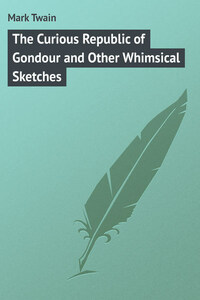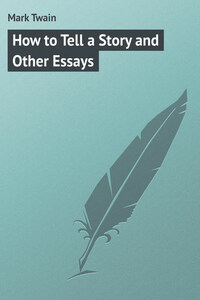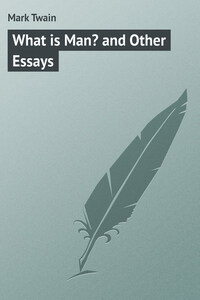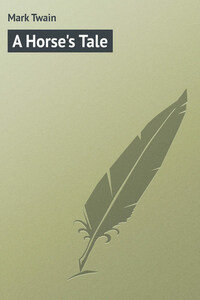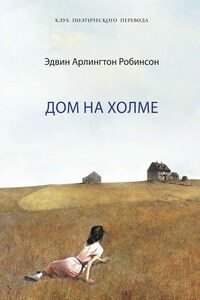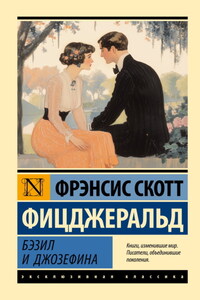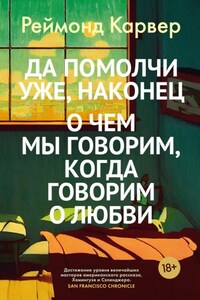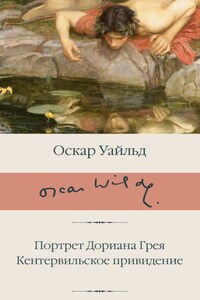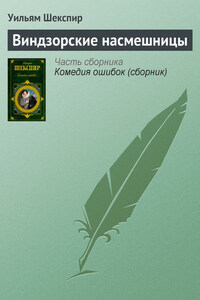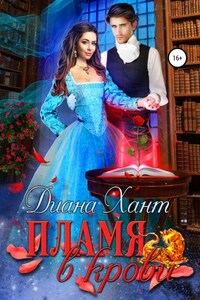The Curious Republic Of Gondour
As soon as I had learned to speak the language a little, I became greatly interested in the people and the system of government.
I found that the nation had at first tried universal suffrage pure and simple, but had thrown that form aside because the result was not satisfactory. It had seemed to deliver all power into the hands of the ignorant and non-tax-paying classes; and of a necessity the responsible offices were filled from these classes also.
A remedy was sought. The people believed they had found it; not in the destruction of universal suffrage, but in the enlargement of it. It was an odd idea, and ingenious. You must understand, the constitution gave every man a vote; therefore that vote was a vested right, and could not be taken away. But the constitution did not say that certain individuals might not be given two votes, or ten! So an amendatory clause was inserted in a quiet way; a clause which authorised the enlargement of the suffrage in certain cases to be specified by statute. To offer to “limit” the suffrage might have made instant trouble; the offer to “enlarge” it had a pleasant aspect. But of course the newspapers soon began to suspect; and then out they came! It was found, however, that for once – and for the first time in the history of the republic – property, character, and intellect were able to wield a political influence; for once, money, virtue, and intelligence took a vital and a united interest in a political question; for once these powers went to the “primaries” in strong force; for once the best men in the nation were put forward as candidates for that parliament whose business it should be to enlarge the suffrage. The weightiest half of the press quickly joined forces with the new movement, and left the other half to rail about the proposed “destruction of the liberties” of the bottom layer of society, the hitherto governing class of the community.
The victory was complete. The new law was framed and passed. Under it every citizen, howsoever poor or ignorant, possessed one vote, so universal suffrage still reigned; but if a man possessed a good common-school education and no money, he had two votes; a high-school education gave him four; if he had property like wise, to the value of three thousand ‘sacos,’ he wielded one more vote; for every fifty thousand ‘sacos’ a man added to his property, he was entitled to another vote; a university education entitled a man to nine votes, even though he owned no property. Therefore, learning being more prevalent and more easily acquired than riches, educated men became a wholesome check upon wealthy men, since they could outvote them. Learning goes usually with uprightness, broad views, and humanity; so the learned voters, possessing the balance of power, became the vigilant and efficient protectors of the great lower rank of society.
And now a curious thing developed itself – a sort of emulation, whose object was voting power! Whereas formerly a man was honored only according to the amount of money he possessed, his grandeur was measured now by the number of votes he wielded. A man with only one vote was conspicuously respectful to his neighbor who possessed three. And if he was a man above the common-place, he was as conspicuously energetic in his determination to acquire three for himself. This spirit of emulation invaded all ranks. Votes based upon capital were commonly called “mortal” votes, because they could be lost; those based upon learning were called “immortal,” because they were permanent, and because of their customarily imperishable character they were naturally more valued than the other sort. I say “customarily” for the reason that these votes were not absolutely imperishable, since insanity could suspend them.
Under this system, gambling and speculation almost ceased in the republic. A man honoured as the possessor of great voting power could not afford to risk the loss of it upon a doubtful chance.
It was curious to observe the manners and customs which the enlargement plan produced. Walking the street with a friend one day he delivered a careless bow to a passer-by, and then remarked that that person possessed only one vote and would probably never earn another; he was more respectful to the next acquaintance he met; he explained that this salute was a four-vote bow. I tried to “average” the importance of the people he accosted after that, by the-nature of his bows, but my success was only partial, because of the somewhat greater homage paid to the immortals than to the mortals. My friend explained. He said there was no law to regulate this thing, except that most powerful of all laws, custom. Custom had created these varying bows, and in time they had become easy and natural. At this moment he delivered himself of a very profound salute, and then said, “Now there’s a man who began life as a shoemaker’s apprentice, and without education; now he swings twenty-two mortal votes and two immortal ones; he expects to pass a high-school examination this year and climb a couple of votes higher among the immortals; mighty valuable citizen.”
By and by my friend met a venerable personage, and not only made him a most elaborate bow, but also took off his hat. I took off mine, too, with a mysterious awe. I was beginning to be infected.
“What grandee is that?”
“That is our most illustrious astronomer. He hasn’t any money, but is fearfully learned. Nine immortals is his political weight! He would swing a hundred and fifty votes if our system were perfect.”
“Is there any altitude of mere moneyed grandeur that you take off your hat to?”
“No. Nine immortal votes is the only power we uncover for that is, in civil life. Very great officials receive that mark of homage, of course.”
It was common to hear people admiringly mention men who had begun life on the lower levels and in time achieved great voting-power. It was also common to hear youths planning a future of ever so many votes for themselves. I heard shrewd mammas speak of certain young men as good “catches” because they possessed such-and-such a number of votes. I knew of more than one case where an heiress was married to a youngster who had but one vote; the argument being that he was gifted with such excellent parts that in time he would acquire a good voting strength, and perhaps in the long run be able to outvote his wife, if he had luck.
Competitive examinations were the rule and in all official grades. I remarked that the questions asked the candidates were wild, intricate, and often required a sort of knowledge not needed in the office sought.
